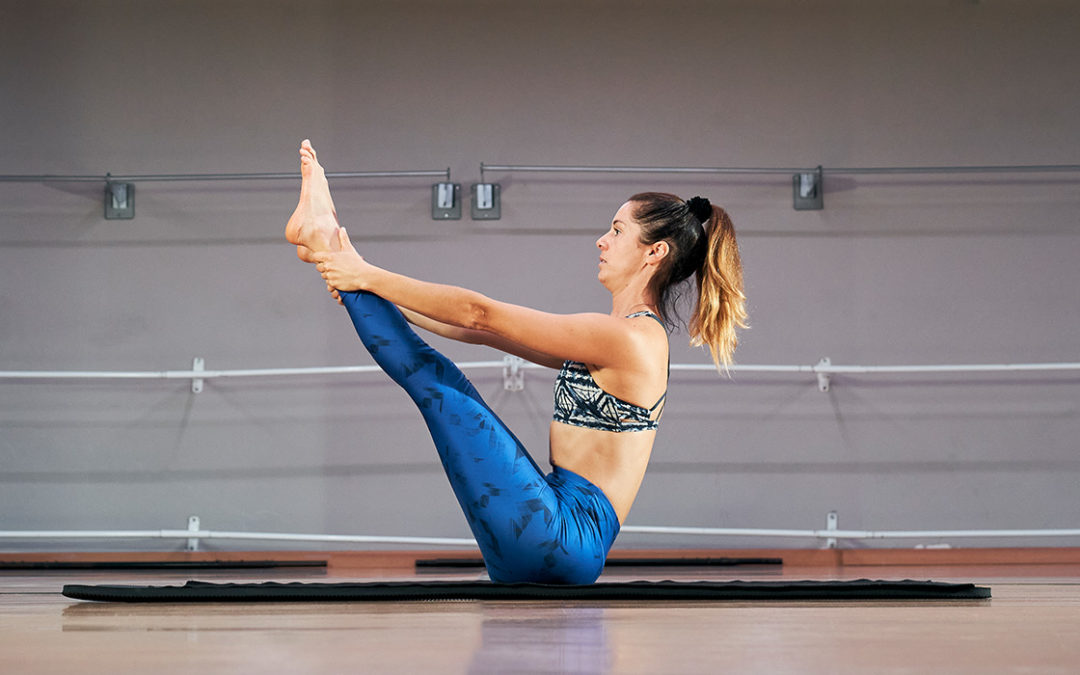
by Satzuma-Creative. | Jun 2, 2023 | Muscle of the Month
The core transfers the forces between your upper and lower extremities. The core and limbs need to be strong and stable before any form of movement can happen through the limbs so, the stronger you make your core, the more efficient and stronger your movements will...
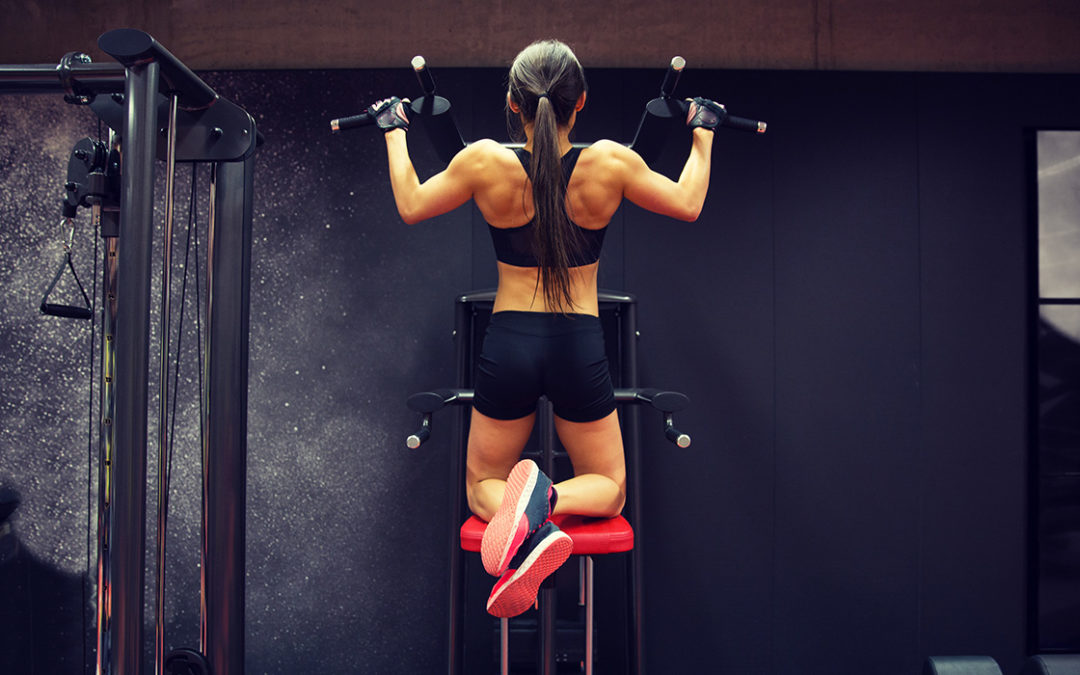
by Satzuma-Creative. | May 2, 2023 | Muscle of the Month
The muscles in the group are: TRAPEZIUS This is broad, flat and triangular in shape. It is responsible for elevating and retracting the scapula (shoulder blade) and when the arm abducts (moves away from the body’s centre line), it rotates the scapula. LATISSIMUS DORSI...
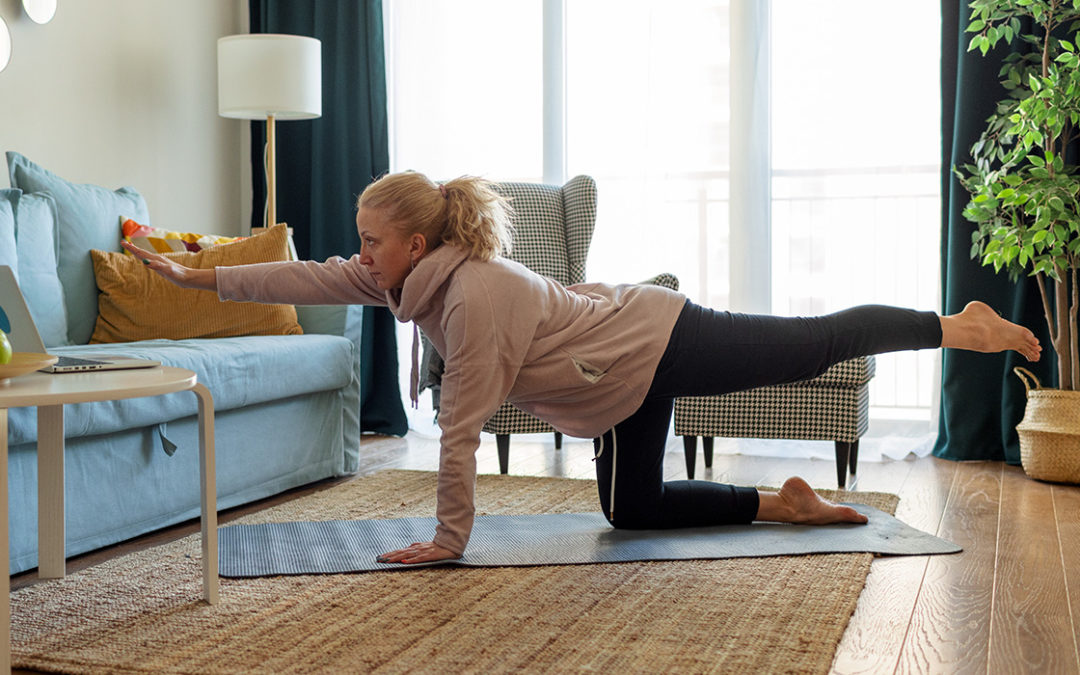
by Satzuma-Creative. | Apr 2, 2023 | Muscle of the Month
There are three different groups of muscles that help the spine to function. These are: Extensors – these enable standing and lifting (such as the Erector Spinae). Flexors – these allow flexion, bending forward, lifting and arching of the lower back. Obliques – these...
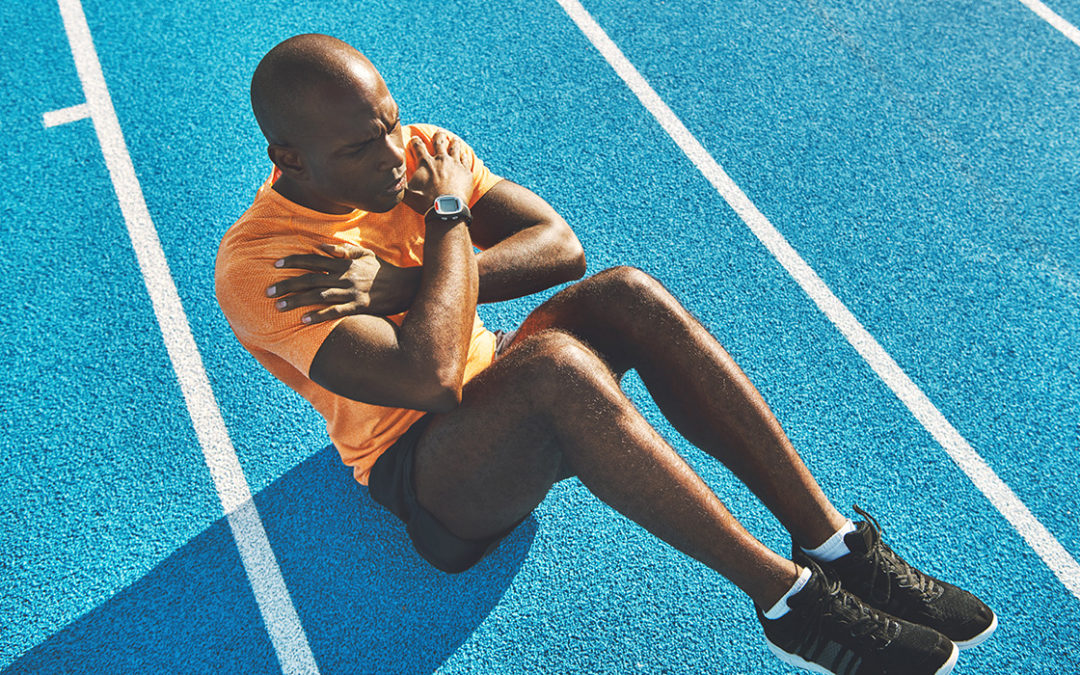
by Satzuma-Creative. | Mar 2, 2023 | Muscle of the Month
RECTUS ABDOMINIS This is your “6-pack” muscle. This muscle is essential for maintaining good posture and is primarily responsible for flexing the lumbar spine. It also helps to regulate your breathing and plays a vital role in protecting your internal organs by...
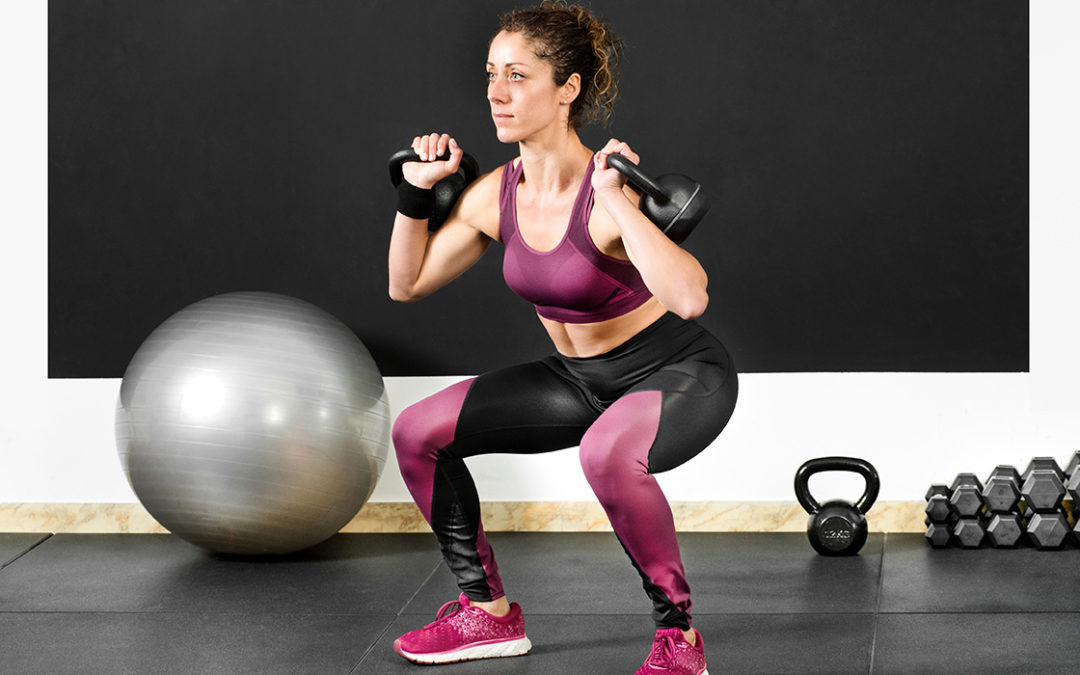
by Satzuma-Creative. | Feb 2, 2023 | Muscle of the Month
The muscles in the group are: Gluteus Maximus Primary function is upper leg (thigh) extension. (i.e., moving the upper leg backwards as in rising from a squat position). The same with bent-leg deadlifting, the rear leg drive when sprinting and any hip extension...
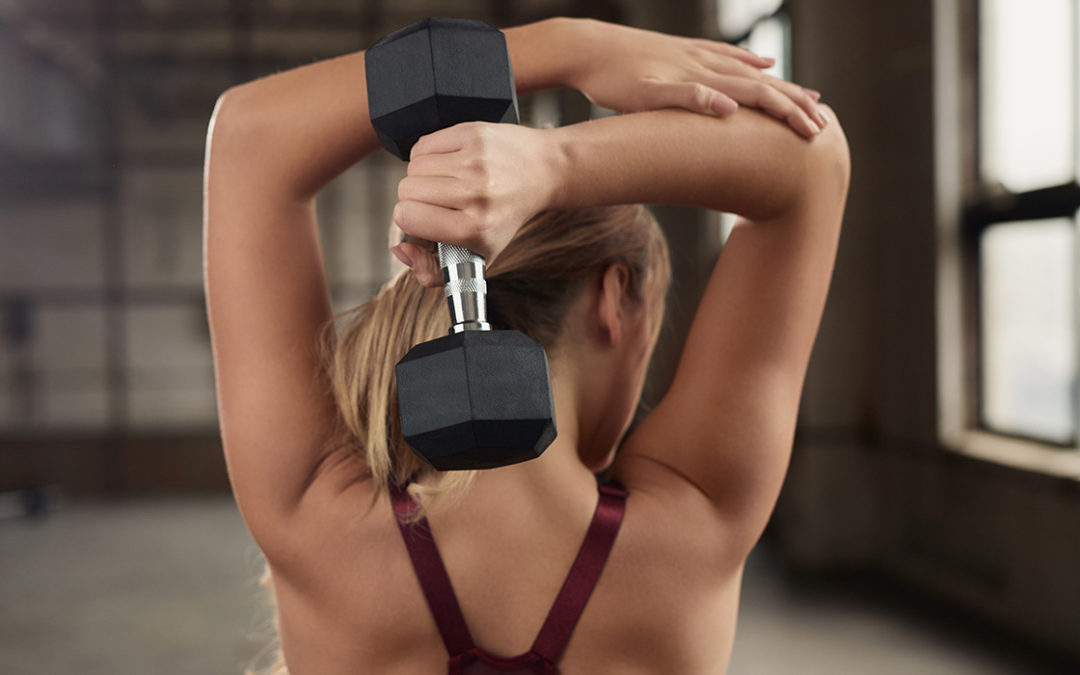
by Satzuma-Creative. | Jan 2, 2023 | Muscle of the Month
Triceps brachii comes from the Latin for “three-headed muscle of the arm”. It is the large muscle on the back of your arms and is responsible for extension of the elbow. It is also the antagonist to the biceps brachii and brachialis muscles. The triceps help to fixate...







